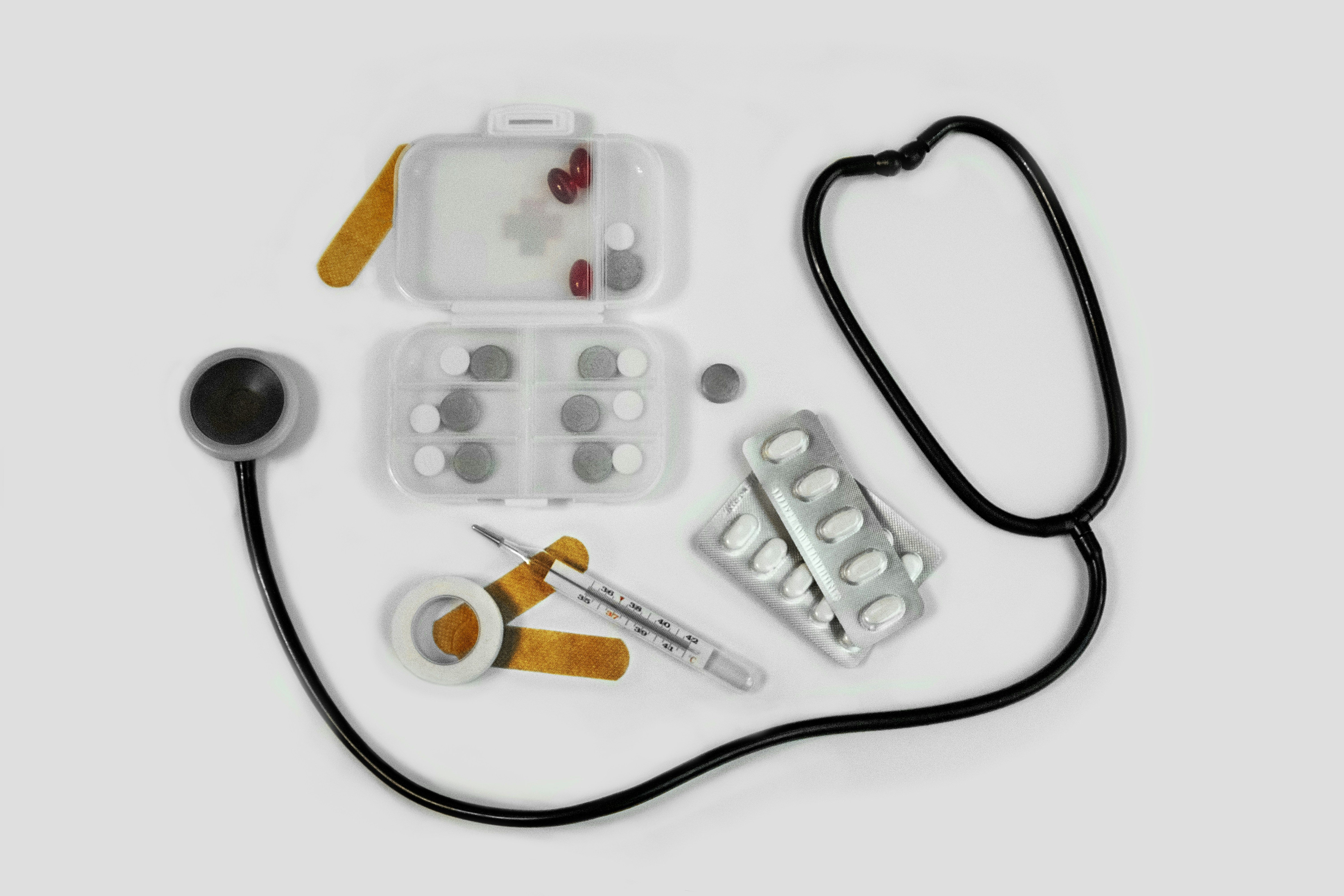With more than a third of adults sleeping less than the prescribed minimum of 7 hours, sleep disorders are more common than you realize.
In our fast-paced world, many people struggle with sleep problems that harm their well-being. In all likelihood, you might be one of them. You must dig deeper and address these issues since if overlooked, they may lead to chronic illnesses like heart problems, obesity, type 2 diabetes, and depression. Additionally, they cause errors at work and loss of productivity. For instance, it cost the US economy $299 billion to $433 billion in 2020.
In this blog, we explore sleep disorders and how online doctor consultation can help you get treatment for better sleep.
Are You Aware of the Different Types of Sleep Disorders?
What exactly counts as a sleep disorder? The APA defines sleep disorders as ‘involving problems with the quality, timing, and amount of sleep, resulting in distress and functional impairment when awake’.
With more than 100 sleep disorders, here are some of the most common categories of sleep disorders:
- Insomnia: Insomnia is when individuals have difficulty falling/staying asleep or poor sleep quality. It can be short-term or chronic and often results from stress, anxiety, or other health issues. In the United States, insomnia is the most prevalent sleep disorder affecting about 33% of people.
- Sleep Apnea: Sleep apnea is characterized by intermittent pauses in breathing during sleep. It can lead to loud snoring, choking, and daytime sleepiness. About 1 billion people suffer from sleep apnea globally, while 80-90% go undiagnosed.
- Narcolepsy: Narcolepsy is a neurological disorder that causes excessive daytime sleepiness and sudden episodes of falling asleep. It affects about 1 in 2,000 people in the United States.
- Restless Leg Syndrome (RLS): RLS is a condition where individuals experience a strong urge to move their legs when asleep, often due to uncomfortable sensations. It affects around 5 to 10% of adults in the US.
At-Home Tests for Sleep Disorders and Their Effectiveness
If you have ever suffered from sleeping problems, you may have searched online and found some at-home sleep tests. You can perform mainly two kinds of tests by yourself:
Questionnaires
Several different sleep scales are available that you can use to determine your sleep quality. They come as a questionnaire wherein you respond to questions and self-grade yourself. Some of those tests are STOP-BANG, SQS, SDQ, OSA50, PSQI, and ISI.
Home Sleep Apnea Test (HSAT)
An HSAT portable device that you can wear overnight helps diagnose obstructive sleep apnea. It monitors your breathing and oxygen levels and measures breathing pauses (apneas). The test provides an OSA severity score based on these apnea occurrences.
These tests allow you to understand what you’re going through and how to proceed further. However, you should not use self-diagnosis as the sole basis for treatment; they don’t cover all sleep disorders.
You need to consult your healthcare provider for a professional diagnosis. Telehealth medical services offer a convenient option for diagnosing sleep disorders without personal visits.
Moreover, it is also not advisable to take OTC medications to solve sleep problems since it is not safe and even illegal in some cases. Using medication without a prescription or professional guidance can be addictive and potentially harmful.
How Telemedicine Can Help You Treat Your Sleeping Disorders
Telemedicine is set to revolutionize healthcare by offering healthcare remotely using popular and emerging technologies. It offers a convenient and cost-effective way to treat several illnesses, including sleep disorders. Telemedicine allows you to consult with experts without leaving your home. It is especially beneficial if you live in remote areas or have busy schedules.
Telemedicine for sleep disorders involves virtual consultations with sleep specialists who can record your symptoms and medical history through chats or phone calls. They can also recommend appropriate tests and prescribe sleep studies in your nearby clinic to diagnose your sleep disorder.
Additionally, telemedicine allows them to
- Monitor your breathing, heart rate, and oxygen levels while you sleep.
- Help you with the CPAP device or schedule visits with a breathing therapist.
- Develop personalized treatment plans and prescribe medications.
Benefits of Online Doctor Consultation
Using telehealth platforms for treating sleep disorders offers several benefits:
- Avoid long commutes and schedule an appointment when it suits you.
- Connect with top sleep specialists with a few clicks.
- Enjoy shorter waiting times to get an appointment and obtain care promptly.
- Discuss sensitive issues with privacy regulations from the comfort of your home.
- Quickly adjust your treatment plan with follow-up consultations.
Get in Touch With 24HrDOC – Your Trusted Virtual Care Provider
Acknowledging that you have a sleep disorder and getting professional help is the first step toward a healthy and fruitful life.
At 24HrDOC, we understand the importance of addressing sleep disorders. We're a trusted telehealth provider with licensed professionals, including sleep specialists and psychiatrists.
Using 24HrDOC's telemedicine for your sleep issues means expert guidance and personalized treatment without in-person clinic visits. Whether you're dealing with insomnia, sleep apnea, narcolepsy, or restless leg syndrome, we can help.
Don't let sleep disorders affect your quality of life anymore. Connect with us to get online treatment for your sleep disorders right from your home.




